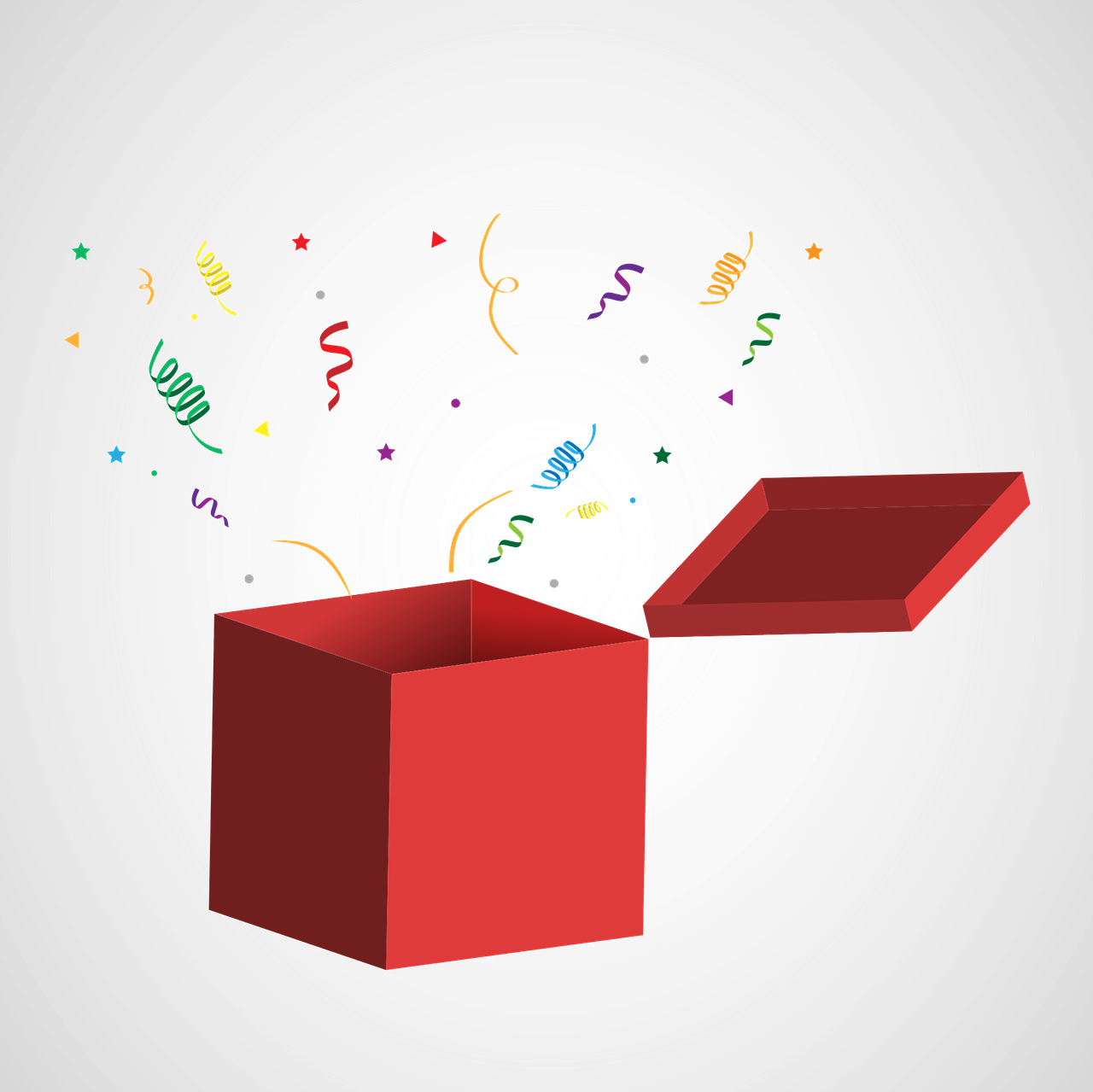Thinking out of the box

For those familiar with ADHD (Attention-Deficit/Hyperactivity Disorder), the typical descriptors might include inattention, impulsivity, and hyperactivity. But beyond these symptomatic characteristics, many individuals with ADHD possess a unique ability to think "outside the box." This trait often presents as innovative thinking, creativity, and an alternative approach to problem-solving.
The ADHD Mind: A Breeding Ground for Creativity
ADHD and Neurodiversity: ADHD is part of the neurodiversity spectrum. This term, "neurodiversity," suggests that brain differences are just that—differences. Hence, while ADHD can present challenges, it can also bring about certain strengths. One of these strengths, often noted by experts, is the capacity for innovative, out-of-the-box thinking.
Dr. Edward Hallowell, an ADHD expert, states that people with ADHD are often "visionaries, dreamers, explorers, inventors, and entrepreneurs." Their minds don’t necessarily follow conventional paths. This can lead them to come up with solutions or ideas that might not occur to someone without ADHD.
How Does ADHD Fuel Outside-the-Box Thinking?
Rapid Association: Many people with ADHD make connections between seemingly unrelated concepts. This can lead to novel insights and innovative solutions to problems.
Risk-Taking: Impulsivity, a common symptom, can also mean those with ADHD might be more willing to take risks in their thinking, leading to unique solutions.
Divergent Thinking: This refers to the process of generating multiple solutions to a single problem. Studies have suggested that ADHD may be linked to enhanced divergent thinking, leading to greater creativity.
Dr. Russell Barkley, a leading authority on ADHD, has remarked on the "executive function" aspect of ADHD. The difference in executive function processing can sometimes lead to a delay in certain responses, but it can also mean approaching problems from a different angle, seeing solutions that others might overlook.
Real-World Implications
In various professional fields, from tech to arts to entrepreneurship, thinking differently is an asset. Sir Richard Branson, the founder of the Virgin Group and who has ADHD, once remarked, "Being dyslexic and ADHD, and having to think differently in the world, has helped me think in different ways in the business world."
Indeed, many famous inventors, artists, and entrepreneurs have had ADHD. Their ability to think outside the box has led to breakthroughs, innovative products, and unique artistic expressions.
Challenges and Harnessing the Potential
While the potential for creative and innovative thinking is a strength, it's crucial to note that ADHD can also present challenges. The trick is managing the symptoms effectively to harness the potential benefits.
Structure and Routine: While routine might sound like the antithesis of creative thinking, a structured environment can provide the stability necessary for those with ADHD to fully explore their creative potential.
Therapies and Interventions: Therapies, including behavioral interventions and coaching, can help individuals harness their creative abilities while managing challenging symptoms.
Supportive Environments: Whether it's in school, work, or home, being in a supportive environment that recognizes the strengths (and challenges) of ADHD can make all the difference.
Melissa Orlov, an expert on ADHD, especially in relationships, notes the importance of understanding and support. In environments where ADHD traits are appreciated and cultivated, there's greater room for outside-the-box thinking to flourish.
Conclusion
ADHD, while often seen through the lens of its challenges, offers a silver lining in its association with out-of-the-box thinking. Recognizing and fostering this potential can lead to breakthroughs in various fields. By focusing on the strengths, creating supportive environments, and using effective interventions, the sky is the limit for what individuals with ADHD can achieve. In a world that's rapidly evolving, these unique thinkers might just be the pioneers of the next big idea.
